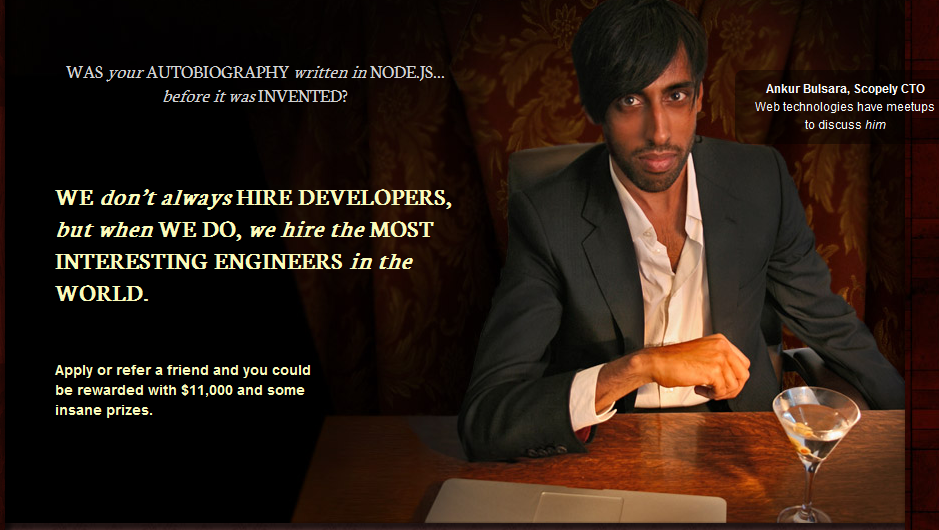Big Kid Digital Merit Badges
There was an interesting piece in the New York Times a few days ago titled 'For Job Hunters, Digital Merit Badges', a look at a recently announced MacArthur Foundation sponsored competition for the creation of a system of 'digital merit and achievement' badges, not at all unlike the kinds of badges that have been typically awared over the years to Boy and Girl Scouts for accomplishing tasks, demonstrating skills, or achieving mastery on specific subjects.  Merit Badges for Big Kids
Merit Badges for Big Kids
Some addtional details on the MacArthur Foundation contest and the goals and expected benefits of the new system of Digital Badges:
(the competition) for leading organizations, learning and assessment specialists, designers and technologists to create and test badges and badge systems. The competition will explore ways digital badges can be used to help people learn; demonstrate their skills and knowledge; unlock job, educational and civic opportunities; and open new pipelines to talent.
The idea being that job seekers, well really everyone, could 'earn' and post these digital merit badges on their personal websites, their social network profile pages, and I suppose even as images on traditional resumes.
The Mozilla organization is participating in these efforts by creating the technical infrastructure to make the awarding, and more importantly the verification and portability of these digital merit badges possible. According the the Times piece, 'The badges can be verified in several ways. For instance, a badge can include a verification link that makes it possible to check with the issuer about authenticity and status, should the badge have an expiration date.'
More color on this from the MacArthur Foundation announcement:
(the) Open Badge Infrastructure—a decentralized online platform that will house digital badges and can be used across operating platforms and by any organization or user. This approach will help to make digital badges a coherent, portable and meaningful way to demonstrate capabilities. It will also encourage the creation of "digital backpacks" of badges that people will carry to showcase the skills, knowledge and competencies they have gained.
It sounds like a fantastic idea that will be incredibly difficult to pull off. But the idea that workers should be recognized for the unique set of skills and capabilities that they possess, most earned over time and on the job as opposed to in formal education and training settings is certainly compelling. Additionally, one of the sub-projects that the MacArthur competition addresses is specific to a set of badges and recognitions for military veterans, aimed to help them translate their skill sets to better match civilian employment opportunities. And any efforts that can potentially help veterans transition to civilian work should be explored and supported.
What do you think - could a set of standards for the creation and awarding of a more universal set of skill and achievement badges that could operate across the web actually be an effective way to help workers and job seekers better communicate their qualifications?
Note - for readers in the USA, have a Fantastic Thanksgiving tomorrow and enjoy the long holiday weekend!

 Steve
Steve




